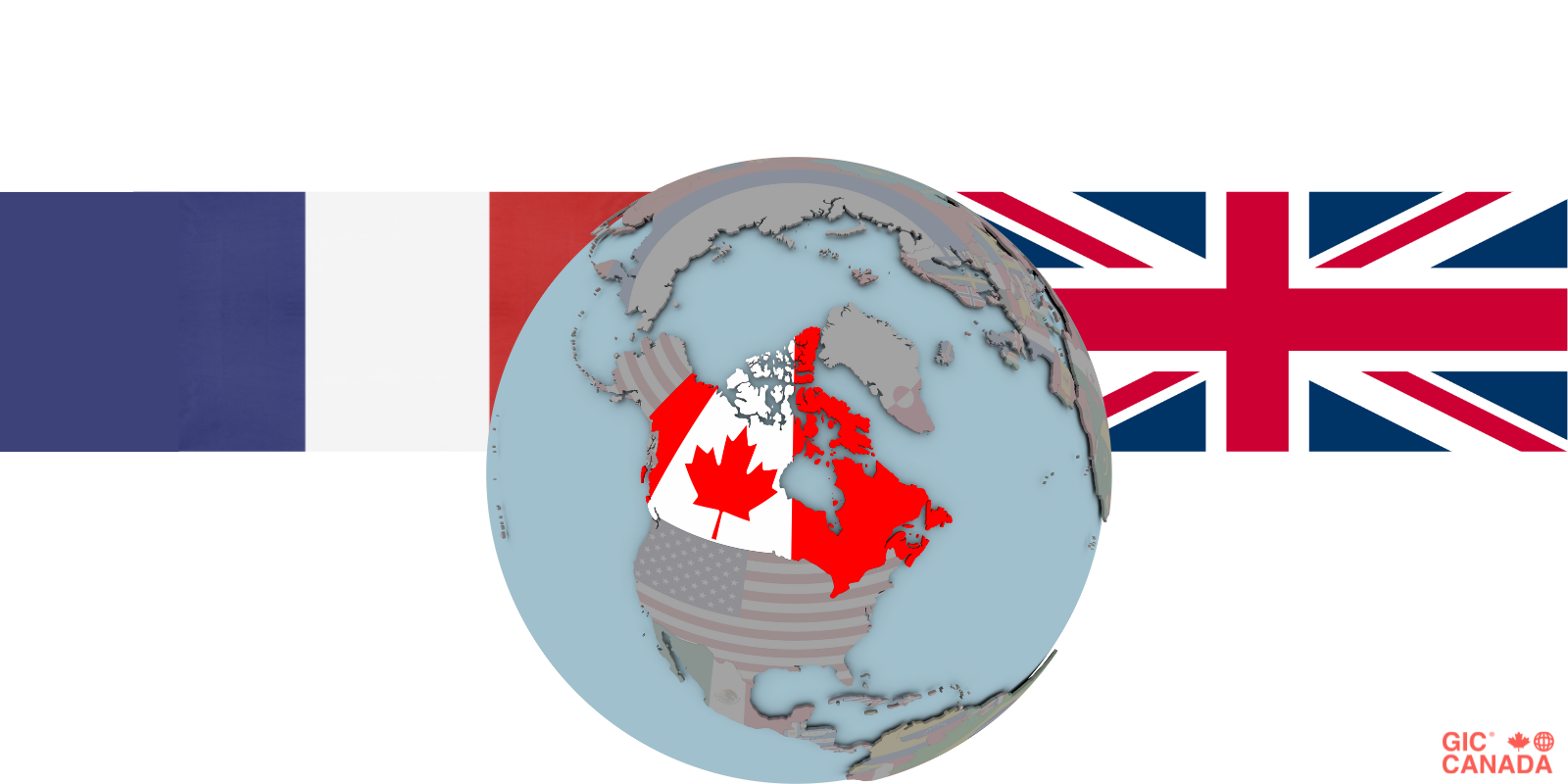Canadian Blood Services has announced that it is no longer requiring masks at its donor centres, a move that has sparked backlash from health experts and some long-time donors.
The organization tweeted on Monday that as of July 25, it would be suspending masking and physical distancing requirements at its buildings, vehicles and collection events, but said its donor centres would remain “mask-friendly.”
“Although not required, masks help curb the spread of COVID-19 and are welcome in our environments and available to anyone who chooses to wear them,” the organization said.
But Dr. Nili Kaplan-Myrth, an Ottawa-based family physician, called the move “irresponsible.”
Anybody who goes into Canadian Blood Services to donate is now at risk of leaving with COVID.” she told CTVNews.ca over the phone on Tuesday. “It’s an indoor environment that is a medical clinic. There’s no excuse for them to allow people to go in without masks.”
Kaplan-Myrth also noted this decision comes at a time when COVID-19 cases are surging a cross the country, as the BA.4 and BA.5 sub-variants of Omicron drive a summer wave of the virus.
A “historic” housing correction is now underway in Canada and costlier markets in Ontario and British Columbia are likely to be the “epicentre” of the downturn, a new report from RBC suggests.
Greater Toronto Area housing prices soared during the pandemic and were up nearly 36 per cent year-over-year as recently as February.
But the Bank of Canada’s aggressive interest rate hiking campaign has weighed on the market since then, which has now seen four consecutive months of price declines. In its report, released last week, RBC said that it now expects the average home prices across Canada to decline by approximately 12 per cent from the February peak by early 2023.
It says that if that does indeed materialize it would “rank as the steepest correction of the past five national downturns.”
The bank, however, says that the correction will play out differently depending on your market.
It says that housing could be “more resilient,” in markets that are already relatively affordable, with prices only projected to fall by about three per cent in Alberta and Saskatchewan and between five and eight per cent in the majority of other provinces.
From burgers to bleach, and Walmart to Adidas — consumers starting to tap out from high inflation
Some global consumers are showing signs of cracking, as shoppers stressed by record inflation stick to buying basics like food, bleach and cheap burgers, while those with bigger bank accounts are snapping up $3,000 Louis Vuitton handbags.
Investors are closely watching corporate results for signs economies are headed toward recession. But so far consumers are sending mixed signals. There is weakness seen in those that have been hit hardest by record fuel and food prices. Meanwhile, credit card and other data shows some are still spending on travel and other high-end pursuits.
Halifax Public Gardens closed after about 30 trees vandalized
The Halifax Public Gardens closed on Tuesday after bark was stripped off the trunks of roughly 30 trees throughout the park.
In an email, a municipal official said it’s possible the bark was stripped with an axe or a hatchet and the damage varies from tree to tree.
Apply












